The Clause MCQ Quiz : A clause is a group of words that forms part of a sentence and contains its own subject and predicate. Clauses differ from phrases because phrases lack both subject and predicate. Clauses are of three main types: Adverb Clauses, Adjective Clauses, and Noun Clauses, each named according to the function they perform.
Types of Clauses
| Type | Definition | Example | Function |
|---|---|---|---|
| Adverb Clause | A group of words with its own subject and predicate that modifies a verb, adjective, or adverb. | They rested when evening came. | Modifies the verb (rested) showing when the action happened. |
| Adjective Clause | A group of words with its own subject and predicate that qualifies a noun or pronoun. | The umbrella which has a broken handle is mine. | Qualifies the noun (umbrella). |
| Noun Clause | A group of words with its own subject and predicate that does the work of a noun. | I expect that I shall get a prize. | Acts as the object of the verb (expect). |
Clause vs Phrase Example
| Phrase | Equivalent Clause |
|---|---|
| at sunset (Adverb Phrase) | when evening came (Adverb Clause) |
| with a broken handle (Adjective Phrase) | which has a broken handle (Adjective Clause) |
| to get a prize (Noun Phrase) | that I shall get a prize (Noun Clause) |
An Adverb Clause works like an adverb, modifying a verb and showing details such as time, place, reason, or manner. For example, when evening came modifies the verb rested. It is a clause because it has a subject (evening) and predicate (came).
An Adjective Clause functions like an adjective, qualifying a noun or pronoun. For example, which has a broken handle describes umbrella. Since it contains both subject (which) and predicate (has a broken handle), it is a clause, not a phrase.
A Noun Clause works as a noun in a sentence—acting as subject, object, or complement. For example, that I shall get a prize is the object of expect. It is a clause because it has a subject (I) and predicate (shall get a prize).
The same clause can function differently in different sentences. For instance, where I could find him can be a noun clause (object), an adjective clause (qualifying a noun), or an adverb clause (modifying a verb). Therefore, identifying the type of clause requires checking its role in the sentence.
In short, clauses are sentence parts with their own subject and predicate, and they are classified by the grammatical work they perform: as adverbs, adjectives, or nouns.
The Clause MCQ Quiz of 15 Questions
Discover more from Gyankundli
Subscribe to get the latest posts sent to your email.
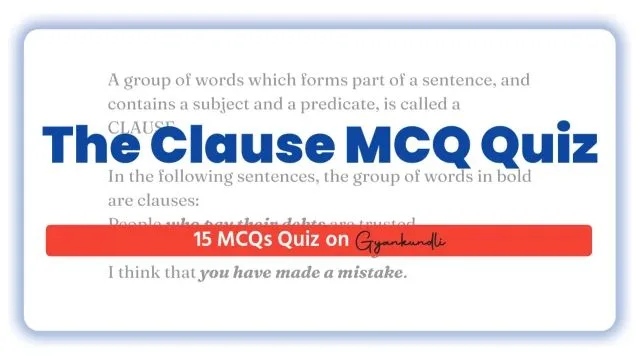
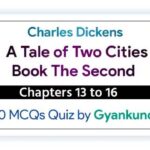
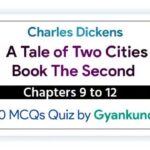




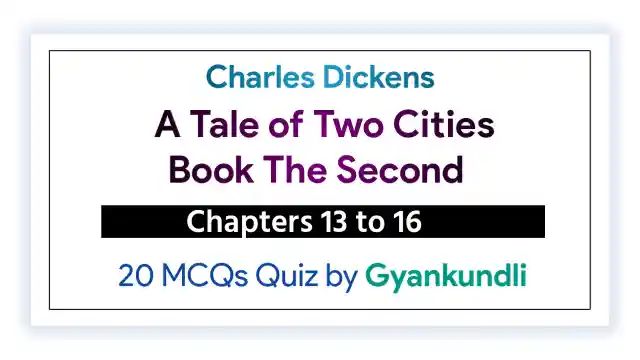
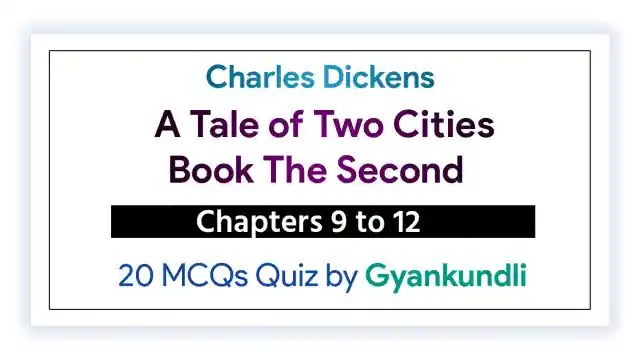
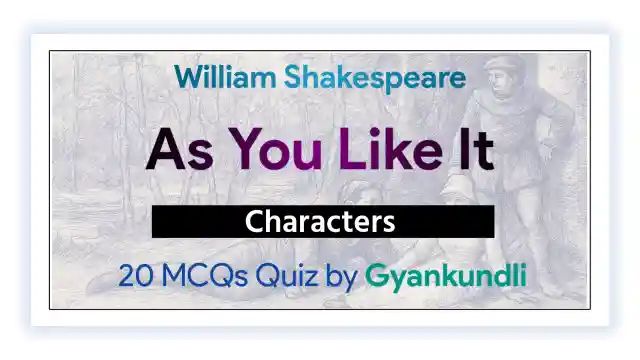
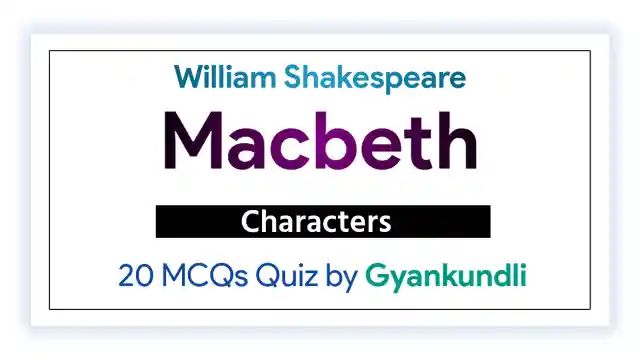
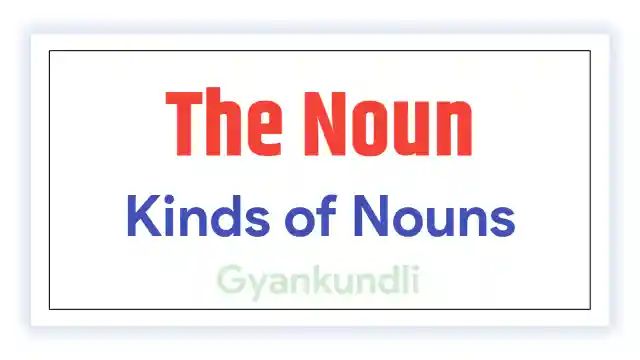
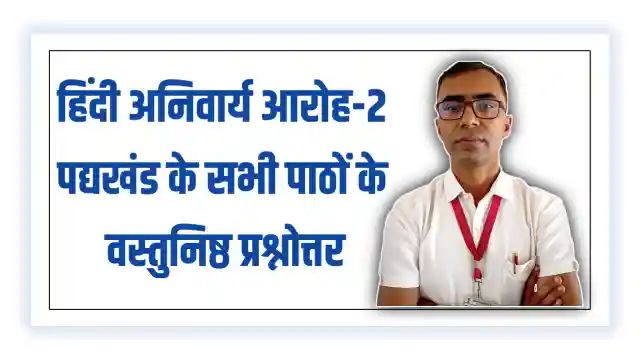
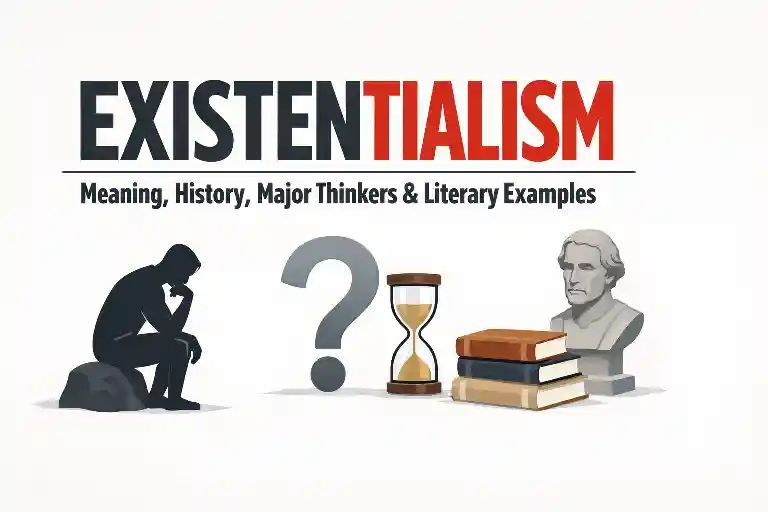

1 thought on “The Clause MCQ Quiz : 15 Questions”